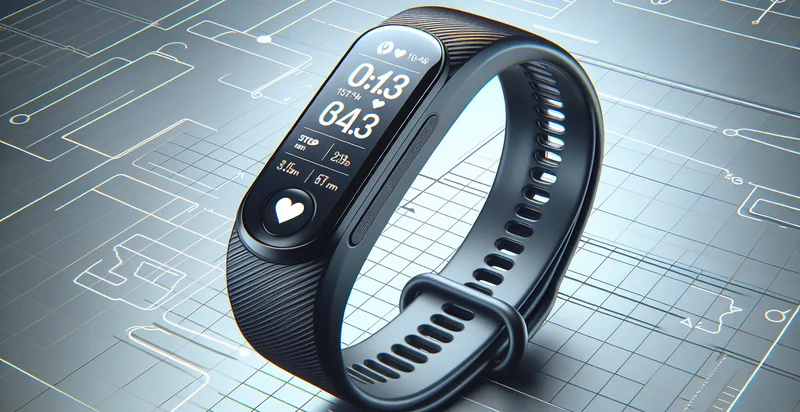Identify fitness tracker brands
using AI
Below is a free classifier to identify fitness tracker brands. Just upload your image, and our AI will predict what fitness tracker brand it is - in just seconds.

Contact us for API access
Or, use Nyckel to build highly-accurate custom classifiers in just minutes. No PhD required.
Get started
import nyckel
credentials = nyckel.Credentials("YOUR_CLIENT_ID", "YOUR_CLIENT_SECRET")
nyckel.invoke("fitness-tracker-brands", "your_image_url", credentials)
fetch('https://www.nyckel.com/v1/functions/fitness-tracker-brands/invoke', {
method: 'POST',
headers: {
'Authorization': 'Bearer ' + 'YOUR_BEARER_TOKEN',
'Content-Type': 'application/json',
},
body: JSON.stringify(
{"data": "your_image_url"}
)
})
.then(response => response.json())
.then(data => console.log(data));
curl -X POST \
-H "Content-Type: application/json" \
-H "Authorization: Bearer YOUR_BEARER_TOKEN" \
-d '{"data": "your_image_url"}' \
https://www.nyckel.com/v1/functions/fitness-tracker-brands/invoke
How this classifier works
To start, upload your image. Our AI tool will then predict what fitness tracker brand it is.
This pretrained image model uses a Nyckel-created dataset and has 20 labels, including Amazfit, Apple, Basis, Coros, Fitbit, Forerunner, Fossil, Garmin, Honor and Huawei.
We'll also show a confidence score (the higher the number, the more confident the AI model is around what fitness tracker brand it is).
Whether you're just curious or building fitness tracker brands detection into your application, we hope our classifier proves helpful.
Related Classifiers
Need to identify fitness tracker brands at scale?
Get API or Zapier access to this classifier for free. It's perfect for:
- Brand Loyalty Analysis: By utilizing the fitness tracker brands identifier, companies can analyze customer loyalty trends among different fitness tracker brands. This data can guide marketing strategies, target demographics effectively, and enhance customer engagement by addressing brand-specific interests and behaviors.
- Product Development Insights: Manufacturers can leverage the identifier to inform product development by understanding which features of fitness trackers are most associated with successful brands. This insight can help in designing new products that better meet consumer expectations and fill gaps in the market.
- Competitor Benchmarking: Businesses can employ the classification function to benchmark their products against popular fitness tracker brands. This can assist in identifying strengths and weaknesses, driving strategic improvements, and ultimately enhancing competitive positioning in the market.
- Marketing Campaign Targeting: By identifying specific brands that consumers favor, marketing departments can tailor their campaigns to resonate with target audiences. This could involve creating promotions or advertisements that highlight features or benefits associated with highly regarded brands.
- E-commerce Personalization: E-commerce platforms can integrate the fitness tracker brands identifier to personalize shopping experiences. By suggesting complementary products or accessories linked to the user’s preferred fitness tracker brand, platforms can enhance conversion rates and increase average order value.
- Supply Chain Optimization: Businesses can use the identifier to optimize their supply chains by forecasting demand for different fitness tracker brands. Accurate demand forecasting can streamline inventory management, reduce excess stock, and improve overall efficiency in logistics and distribution.
- Consumer Sentiment Analysis: The classification function can assist in analyzing social media and online reviews to gauge consumer sentiment toward different fitness tracker brands. By understanding public perception, companies can adjust their communication strategies and address customer concerns proactively.


